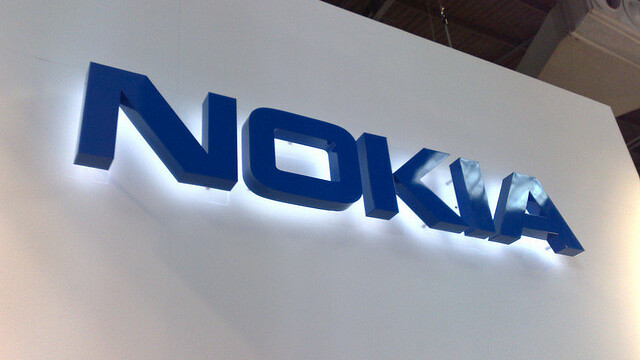
Today, Finnish mobile giant Nokia submitted its annual SEC financial report for 2011, detailing its yearly financials, risks, forward-looking statements — generally giving us an overview of the company’s health at the end of last year.
Last year, Nokia took action to reverse its smartphone business, signing a deal with Microsoft to make its Windows Phone platform its primary smartphone operating system. Despite Nokia overhauling its strategy, it still suffered a $1.4 billion operating loss, compared its $2.74 billion profit in 2010.
Device Shipments
Nokia’s smartphone shipments reached 77.3 million units, down 25% on 2010, whilst featurephone shipments totalled 339.8 million units, a decline of 3% year-over-year. As a result of its falling mobile sales, The average selling price (ASP) of Nokia’s mobile devices fell to 75 dollars, down 11% from $85 in 2010.
As part of its partnership with Microsoft, Nokia notes that it received its first quarterly platform support payment from the Redmond-based technology giant in Q4 — totalling $250 million — with the total amount of payments expected to exceed the total amount of its software royalty commitments.
Employees
As you may have noticed via our earlier coverage, Nokia has been cutting jobs all over the world, in order to streamline its supply chain. This resulted in cuts in Finland, Mexico, Hungary and Romania, as a lot of jobs went to Asia, where Nokia’s devices are manufactured.
This meant that at the end of 2011, Nokia employed 130,050 people, which was down from 132 427 people in December 31, 2010.
Looking Forward
Nokia says that to maximise its Symbian business, it expects to focus on shipments in specific regions, through to 2016. Again, the company believes that as market conditions change and it continues to increase its focus on Windows Phone devices, it will sell fewer Symbian devices that it had previously predicted.
The company also says that its “ability to retain, motivate, develop and recruit appropriately skilled employees” may also impact its ability to compete, adding that it also has to rely on its ability to “protect numerous patented standardized or proprietary technologies from thirdparty infringement or actions to invalidate the intellectual property rights of these technologies.”
Given that it outsourced a number of its patents, and is currently receiving compensation from Apple over its intellectual property, it’s understandable that the company could also benefit from infringements on its technology.
Get the TNW newsletter
Get the most important tech news in your inbox each week.




